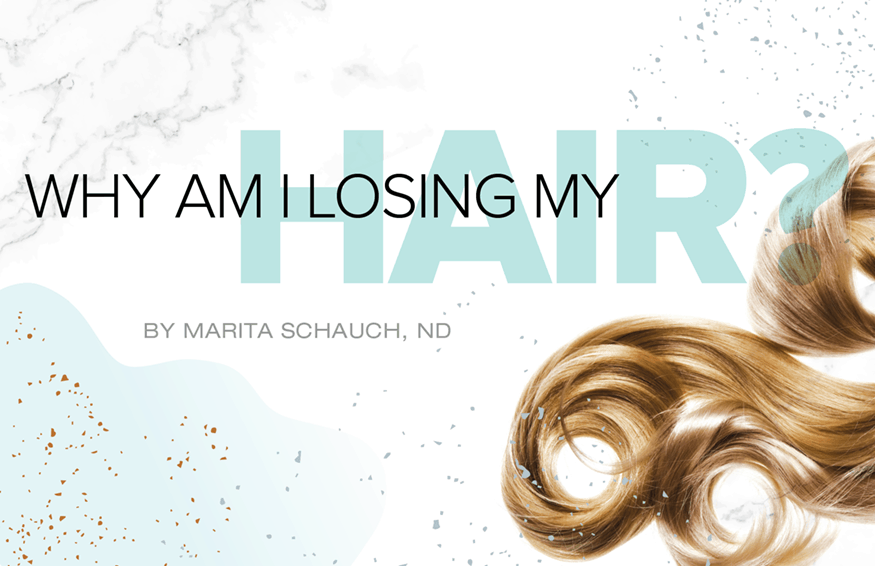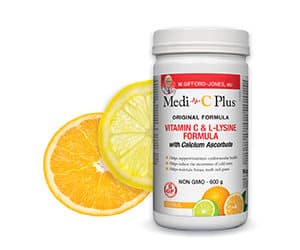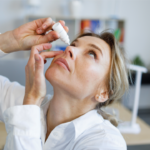According to the Clinical Dermatology Journal, nearly 30% of women experience hair loss before the age of 50.
While this can feel frustrating and defeating, several causes contribute to female hair loss. Luckily, there are several treatment methods.
As a naturopathic doctor, I believe in treating the root cause of health concerns. While the treatment for female hair loss depends on its underlying cause and with each patient it’s different, I find in my practice that BALANCING HORMONES, ADDRESSING NUTRIENT DEFICIENCIES, using natural alternatives to medication when possible, and MONITORING DIET is a great place to start.
Here’s why hair loss occurs (and a few suggestions on how to treat it!):
Aging
Hair loss is a natural and healthy part of aging for both men and women. Once people reach 40, hair growth slows down while the rate of hair fall increases.
Androgens
Excess androgens, the male sex hormones, is a frequent contributor to hair loss among women. Androgen-related hair loss can be due to genetics, insulin resistance, diabetes, polycystic ovarian syndrome, or low antioxidant status. I recommend adding glucose-regulating supplements into your diets, such as glucomannan, fenugreek, or bitter melon. Increasing antioxidant intake with vitamin C, vitamin E, selenium, and green tea, as well as regular exercise will help balance your hormones.
Pharmaceutical Drugs
Medications can lead to hair loss; therefore it’s essential to use natural alternatives when possible. Some common medicines that can lead to hair loss include:
- Antibiotics
- Anticoagulants (Coumadin, heparin)
- Antidepressants (Prozac, lithium)
- Antiepileptics (Valproic acid, Dilantin)
- Cardiovascular drugs (ACE inhibitors, beta-blockers)
- Chemotherapy drugs
- Endocrine drugs (Clomid, danazol)
- Gout medications (Colchicine, allopurinol)
- Lipid-lowering drugs
- Non-steroidal anti-inflammatory drugs (Ibuprofen,naproxen)
- Ulcer medications (Zantac, Tagamet)
Nutritional Deficiencies
Some common hair loss-related nutrient deficiencies I see in my office are zinc, vitamin A, iron, and essential fatty acids. I recommend taking a high-potency multivitamin and mineral formula, iron if needed, and either flaxseed or fish oil daily as a source of essential omega-3 fatty acids. Many people also suffer when they lack hydrochloric acid which helps in the absorption of nutrients in the gut. Visit your naturopathic doctor to get your levels tested.
Hypothyroidism
Women with hypothyroidism commonly experience hair loss or low thyroid, so get your blood tested to determine if this is a cause.
Celiac Disease and Gluten Intolerance
Celiac disease can cause antibodies to attack various cells in the body, including hair follicles which manifest as complete hair loss (alopecia). Gluten intolerance can also lead to female pattern hair loss. Try eliminating all gluten-containing foods to determine if gluten sensitivity is a cause.
In Conclusion…
Balance your hormones, check your thyroid, address nutrient deficiencies and use natural alternatives to medication whenever possible, and look closer at your diet. Hair loss is a part of aging, but you can take precautions to minimize hair loss.















